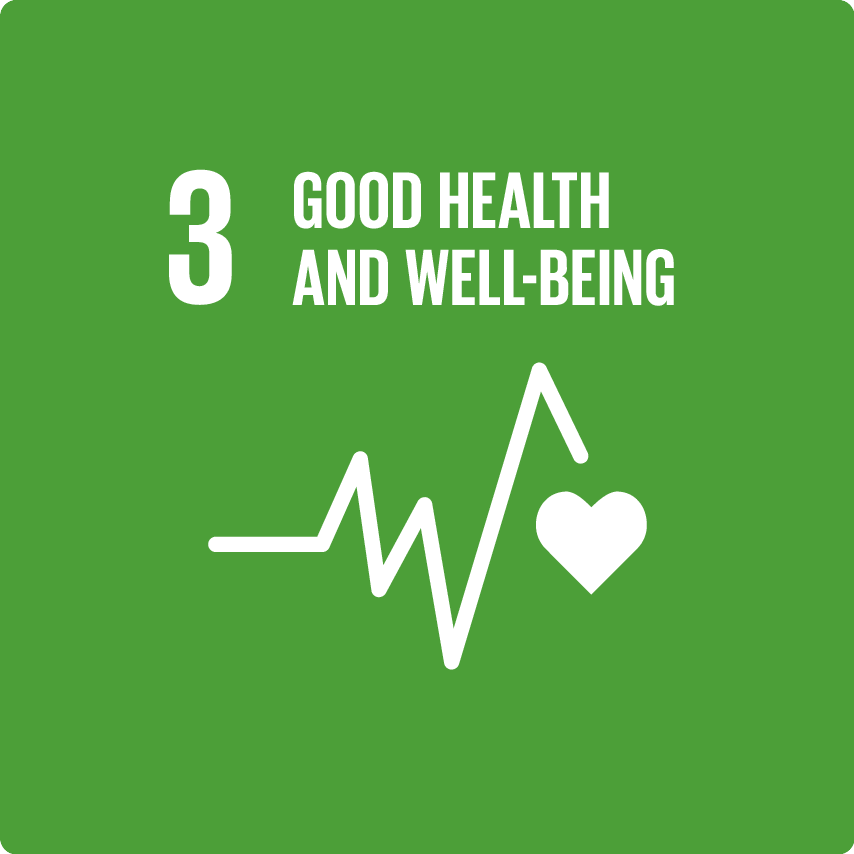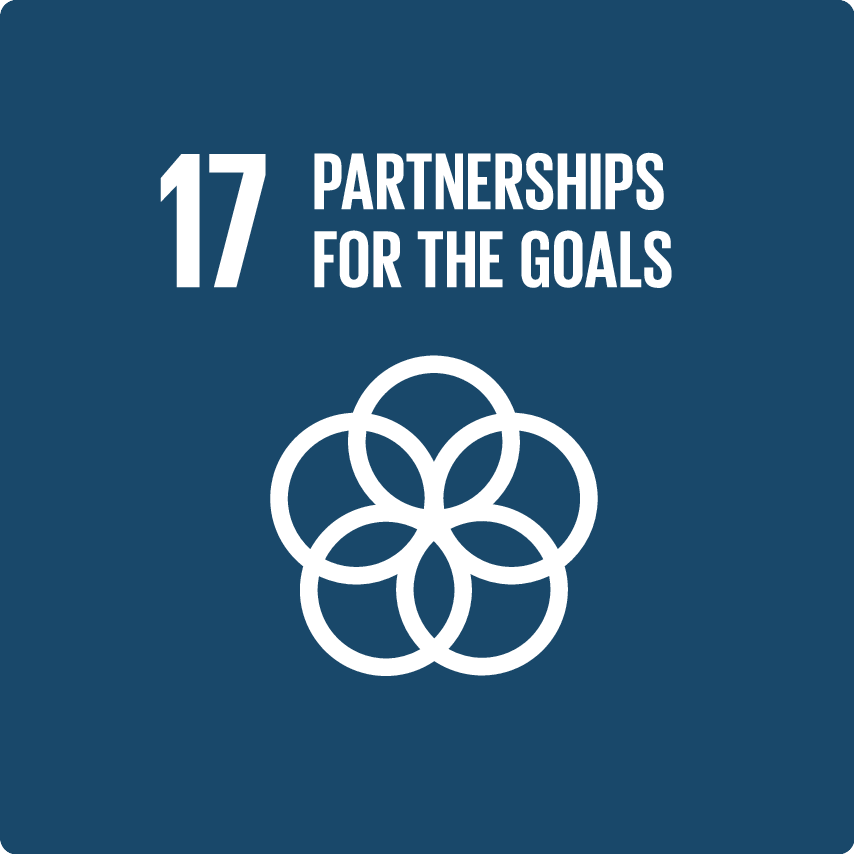Partnering for Change
The International Committee of the Red Cross, the Danish Red Cross and Novo Nordisk have formed a partnership to tackle the growing issue of NCDs affecting millions of people in humanitarian crises around the world.
SEE ALL PARTNER ORGANIZATIONS
Objectives
The partnership is united by a collective vision that all people affected by humanitarian crises should have access to the NCD care they need, no matter where they are.
The partnership is anchored by a collective vision that all people living in humanitarian crises should have access to the NCD care they need, no matter where they are.
Diabetes is one of the four major NCDs and more than 425 million people have diabetes globally.[1] Due to its complexity, diabetes care can be used as an example to assess opportunities to reduce risk factors and provide care to people with NCDs in humanitarian crises.[2,3]
To ensure solid data collection and evidence generation, the partnership will collaborate with academic partners led by the Health in Humanitarian Crises Centre at the London School of Hygiene and Tropical Medicine (LSHTM).
Partnership components
Situation analysis. Map and assess the current landscape to explore ways to reduce NCD risk factors and identify gaps in diabetes and hypertension care, as well as harness innovative approaches and technologies to optimise care in humanitarian crises.
Equipment and supply management. Ensure availability of essential medicines relevant to diabetes, for example insulin, and hypertension care. Furthermore, ensure availability of basic equipment and supplies in health facilities.
Development of field projects. Based on the outcome of the situation analysis, develop field projects to reduce risk factors for NCDs and improve care for people with diabetes and hypertension in humanitarian crises.
Monitoring and evaluation. Enhance monitoring and evaluation strategies through data management and collection, as well as knowledge sharing and alignment with other key actors.
Advocacy. Raise awareness about the importance of addressing NCDs in humanitarian crises at global, regional and local levels through joint advocacy efforts.
References:
1 International Diabetes Federation. IDF Diabetes Atlas, 8 ed. Brussels, Belgium: International Diabetes Federation;2017.
2 World Health Organization. Global report on diabetes. World Health Organization;2016.
3 PATH. Diabetes Supplies: Are they there when needed? Seattle: PATH;2015
Geographic Reach
- Global Commitment
Disease Area
- Non-communicable diseases
Partner organizations
Health in Humanitarian Crises Centre at the London School of Hygiene and Tropical Medicine (LSHTM)
Danish Red Cross
International Committee of the Red Cross (ICRC)
Additional resources
Geographic Reach
Global Commitment
Disease Area
Non-communicable diseases
- Cardiovascular diseases
- Hypertension
- Diabetes
- Type 1
- Type 2
- Other Diabetes
- General Noncommunicable Disease Care (Health System)

